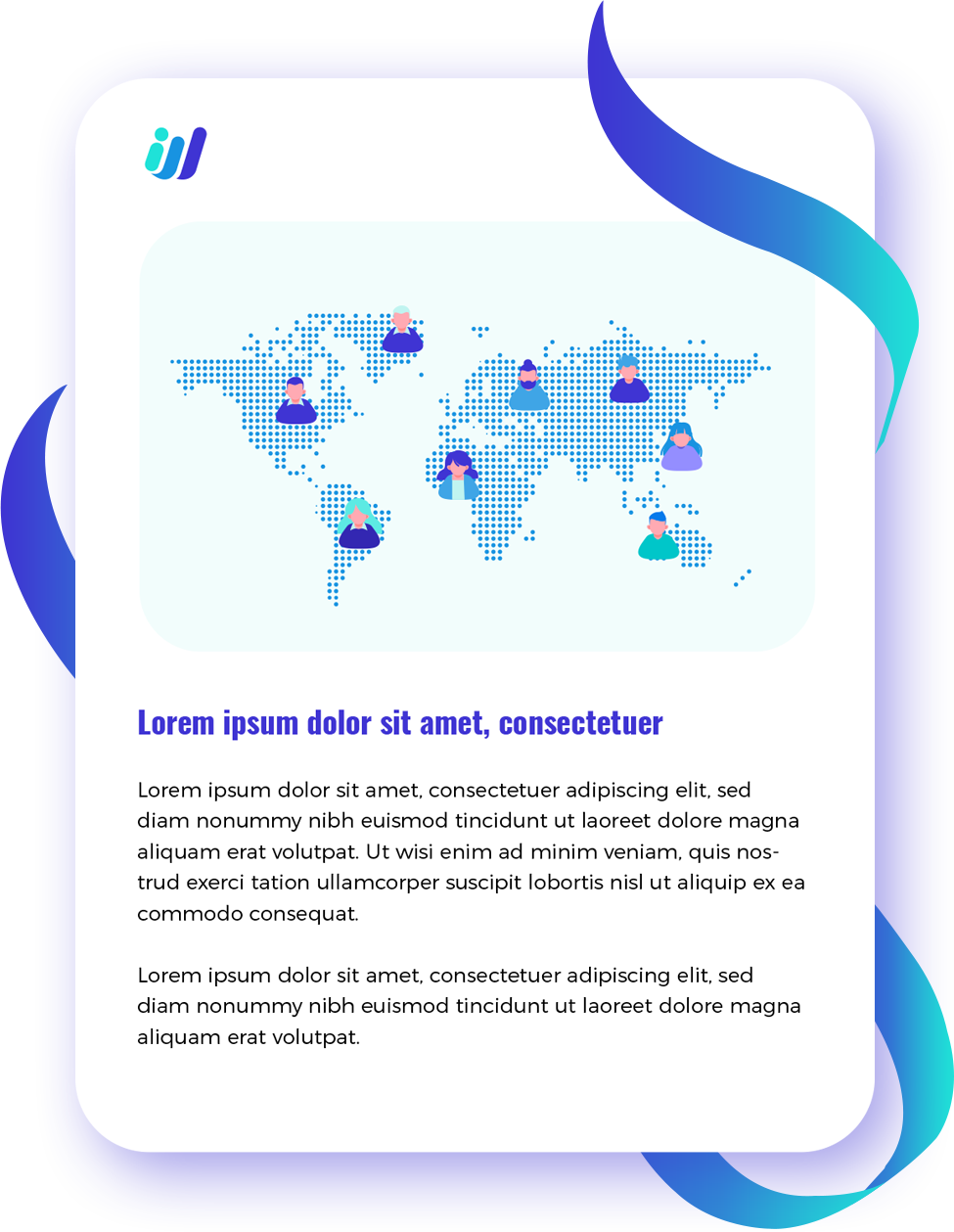The workplace has undergone a seismic shift, accelerated by the global COVID-19 pandemic, pushing remote work from a fringe concept into the mainstream. As we delve deeper into the “future of work,” a critical question emerges: how will remote teams and third wave outsourcing reshape our understanding of employment and organizational dynamics?
The answer lies in understanding the evolution and benefits of outsourcing, particularly through remote staffing agencies. As we transition into this new era, characterized by workplace flexibility, remote teams are not just an option but a necessity. This article explores the implications of this shift and the future it heralds.
The Rise of Remote Teams
Historically, outsourcing was primarily driven by cost reduction. Companies outsourced manufacturing and basic services to countries with cheaper labor. This “first wave” of outsourcing was followed by a “second wave,” characterized by offshoring more complex services, including IT and customer support, to skilled professionals abroad. Now, we stand on the brink of the “third wave,” marked by a surge in the deployment of remote teams across all business functions.
Remote staffing agencies are pivotal in this new wave. They provide businesses with access to a global talent pool, offering specialized skills and diverse perspectives. This model not only reduces overhead costs associated with maintaining physical offices but also increases flexibility and scalability. Businesses can quickly ramp up or down based on project needs, tapping into a global workforce without the constraints of geography.
The Benefits of Remote Teams and Outsourcing
- Workplace Flexibility: The shift to remote teams underscores the importance of workplace flexibility. In an era where work-life balance is increasingly prioritized, remote work offers employees the autonomy to work from anywhere. This flexibility is not just a perk; it’s becoming a standard expectation, particularly among the younger generations. Companies that embrace this model can attract and retain top talent, fostering a culture of trust and independence.
- Diverse Talent Pool: Outsourcing benefits extend beyond cost savings. By leveraging remote teams, companies can access a diverse talent pool, rich in cultural and professional diversity. This diversity fosters innovation and creativity, as different perspectives lead to more robust problem-solving and decision-making processes. Furthermore, it allows businesses to operate in different time zones, providing 24/7 service and support to clients and customers.
- Increased Productivity: Contrary to the fears of many managers, studies have shown that remote work can increase productivity. Employees who work remotely often report fewer distractions and a better work-life balance, leading to higher job satisfaction and efficiency. Moreover, the need for commuting is eliminated, saving time and reducing stress, contributing to overall productivity.
Challenges and Considerations
While the benefits are substantial, the transition to remote teams in third wave outsourcing is not without challenges. One of the most significant concerns is the potential for increased inequality. Not all employees have access to a conducive work environment at home, and disparities in digital infrastructure can exacerbate inequalities. Employers must address these issues by providing necessary resources and support to ensure a level playing field.
Additionally, managing remote teams requires a shift in leadership styles. Traditional management approaches, which rely on physical presence and direct oversight, are less effective in a remote setting. Instead, managers must focus on outcomes rather than processes, fostering a culture of accountability and trust. This shift also necessitates clear communication and a robust digital infrastructure to facilitate collaboration and maintain team cohesion.
The Role of Remote Staffing Agencies
Remote staffing agencies play a crucial role in navigating these challenges. They offer expertise in managing remote teams, from recruitment and onboarding to performance management. By partnering with these agencies, companies can leverage their experience and resources, ensuring smooth transitions and effective remote team management.
Moreover, these agencies provide access to a wide network of professionals with specialized skills, making it easier for businesses to find the right talent for specific projects. They also handle the complexities of international hiring, including legal and regulatory compliance, payroll, and benefits management, allowing companies to focus on their core operations.
The Future of Work: A New Paradigm
As we look to the future, it’s clear that remote work and third wave outsourcing are not temporary trends but fundamental shifts in the workplace landscape. Companies that embrace these changes will be better positioned to thrive in an increasingly globalized and digital world. The future of work is not confined to traditional office spaces but extends to a network of remote teams, connected by technology and driven by a shared purpose.
In conclusion, the third wave of outsourcing, characterized by the rise of remote teams, offers unprecedented opportunities for businesses and workers alike. By embracing workplace flexibility and leveraging the benefits of outsourcing, companies can build resilient, agile, and innovative teams that are well-equipped to navigate the challenges and opportunities of the future. The future of work is here, and it’s remote, flexible, and borderless.
Let us help you find top talents in IT, technical support, digital marketing, and cloud services so you can leverage all the benefits of outsourcing in the new normal. Request a FREE copy of the e-book on Third Wave Outsourcing.


